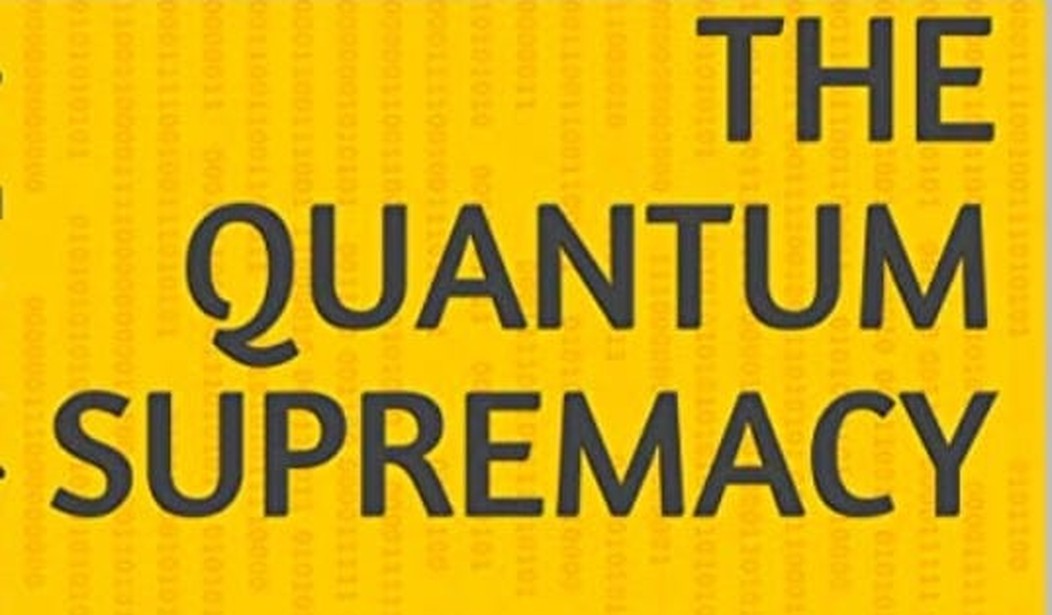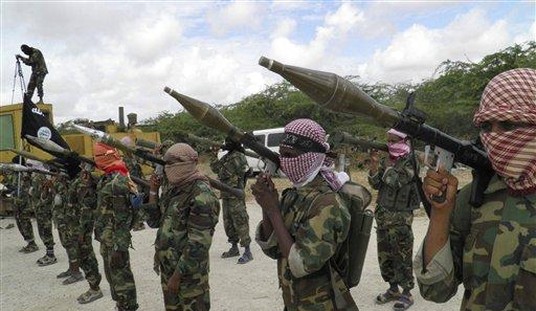My book The Road to Fatima Gate has finally been reviewed in an Arabic newspaper, the London-based Asharq al-Awsat.
There are two ways to read this unusual book.
The first is as a thriller in which a daredevil reporter puts himself in harm’s way in search of the “inside story” of some of the most dangerous outfits in the world.
The second is as a penetrating portrayal of Lebanon’s fraught, and at the same time Quixotic, politics.
Michael J. Totten is an independent American reporter and political analyst who has covered events in such places as the Caucasus, the Balkans and, of course, the Middle East.
He seems to have chosen Lebanon as the subject of his new book because almost all the fault-lines of Middle Eastern politics are reflected in that small and vulnerable country.
At one level, Totten portrays Lebanon as part of the Islamic Republic’s glacis, and advance post in Iran’s indirect war against Israel. At another level, the Lebanon that emerges from Totten’s account is more than a just a pawn in the deadly game played by bigger regional powers in pursuit of their often conflicting interests.
Totten offers a portrait gallery of almost all key figures in Lebanese politics. It is amazing that almost all agreed to spend a lot of time with him and, in some cases, open their hearts to him as if he were an old friend. I specially liked the portraits of the Druze leader Walid Jumblatt and the Christian former militia commander Samir Geagea.
Jumblatt appears a disappointed and tired man who would, if he could, throw in the towel and retire to his mountain palace to read books by long discarded leftist writers. He tells Totten that the Syrians were responsible for the assassination of his father Kamal Jumblatt and that Hezbollah was capable of murdering him on orders from Tehran.
“Iranian flights to Beirut should be stopped,” Jumblatt tells Totten,” because Iranian flights may be bringing money and arms” for Hezbollah.
Jumblatt also insists that “Iranian ambassador should be expelled.”
Jumblatt has all but abandoned his and his party’s “socialist” pretensions.
“The Socialist Jumblatt died a long time ago,” he says. “He died with my father. He had a dream with the leftist parties to change Lebanon. It was my father’s vision to change Lebanon. This is also one of the reasons he was killed. He was seen by the Arab world as backing Communists.”
In other words, Kamal Jumblatt’s assassination was part of Syrian Hafez al-Assad’s broader strategy of eliminating the leftist parties and leaders [in] both Syria and Lebanon.
Totten’s account of how the Syrian despot Bashar al-Assad humiliated Jumblatt is sharp and moving.
“Walid Jumblatt was next in line to make his pilgrimage to Damascus and apologize for resisting a regime that had killed his father, his friend Rafik Hariri, and so many more of his colleagues,” Totten writes. “Al-Assad made the ordeal as humiliating as possible and forced Jumblatt to all but beg for the privilege.”
To make matters worse, Hassan Nasrallah, the Hezbollah leader, publicly stated that he had asked Damascus to let Jumblatt in.
Totten leaves Jumblatt with the impression that “the warlord in his castle was slowly but inexorably preparing his people for another surrender”, this time to Hezbollah.









Join the conversation as a VIP Member